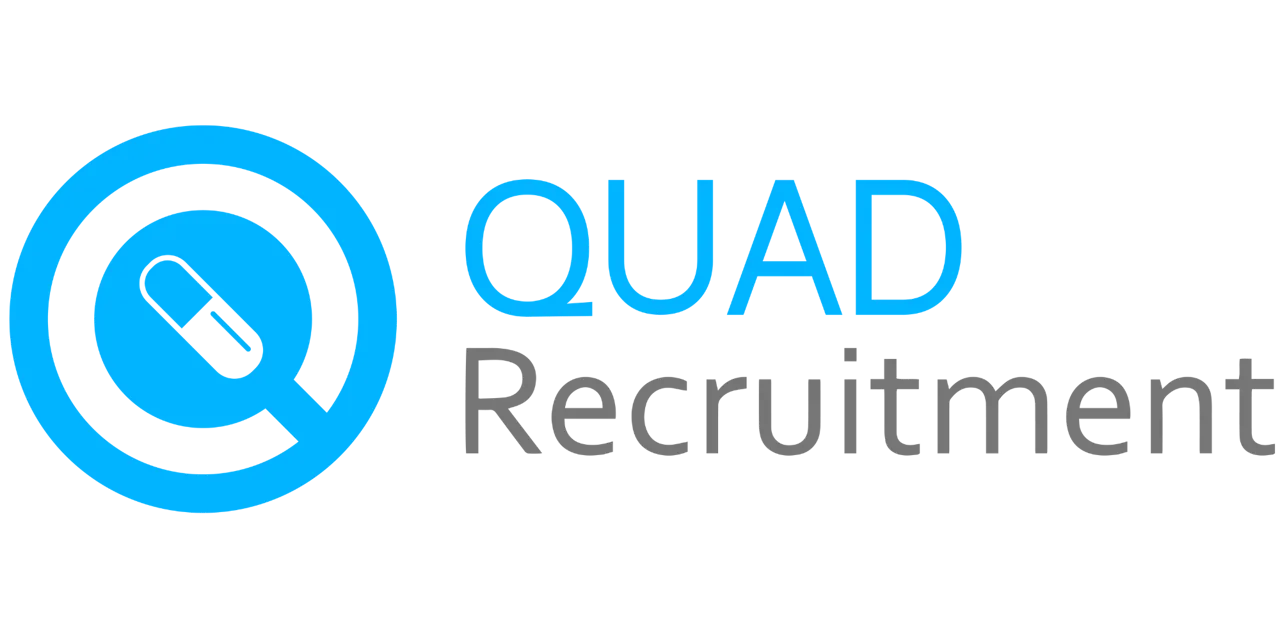Interview Preparation Guide for Allied Healthcare Professionals: Tips and Advice
25 Jun, 20242 minsIn the fast-evolving world of healthcare, staying abreast of advancements isn't just ben...

In the fast-evolving world of healthcare, staying abreast of advancements isn't just beneficial—it's crucial. For allied healthcare professionals, Continuing Professional Development (CPD) serves as a cornerstone for maintaining competence, enhancing skills, and ultimately, delivering better patient care. Whether you're a physiotherapist, a radiographer, or a speech therapist, here’s why CPD should be at the forefront of your career development:
1. Keeping Pace with Advancements in Allied Healthcare
Medical knowledge and technology are in a perpetual state of flux. New treatments, diagnostic tools, and protocols emerge regularly. CPD ensures that allied healthcare professionals are up-to-date with these advancements, enabling them to integrate new techniques into their practice promptly. This proactive approach not only improves patient outcomes but also fosters professional confidence and credibility.
2. Enhancing Clinical Skills through CPD
CPD opportunities offer allied healthcare professionals a chance to refine and expand their clinical skills. Workshops, seminars, and specialised training programs provide hands-on experience and exposure to cutting-edge methodologies. Whether learning new therapeutic exercises, mastering advanced imaging techniques, or honing communication skills, CPD empowers professionals to deliver more effective and efficient care.
3. Adapting to Changing Regulations in Allied Healthcare
Healthcare regulations and standards are constantly evolving to ensure patient safety and quality of care. CPD helps allied healthcare professionals stay informed about regulatory changes and compliance requirements. This knowledge not only minimises legal risks but also ensures that practices are aligned with industry best practices, fostering a culture of continuous improvement and professionalism.
4. Career Advancement Opportunities for Allied Healthcare Professionals
CPD isn't just about staying current—it's also about advancing professionally. Many employers prioritise candidates who demonstrate a commitment to CPD, viewing it as a marker of dedication and ambition. Accredited CPD activities often contribute to formal certifications and qualifications, opening doors to career progression, leadership roles, and higher earning potential within the allied healthcare sector.
5. Networking and Collaboration in Allied Healthcare
Engaging in CPD activities offers allied healthcare professionals opportunities to network with peers, specialists, and experts across various disciplines. These connections can lead to collaborations on research projects, interdisciplinary teamwork, and shared learning experiences. Such interactions not only broaden professional horizons but also foster a supportive community where knowledge exchange flourishes.
6. Improving Patient Care Through CPD
Ultimately, the primary beneficiary of CPD is the patient. By continuously updating their knowledge and skills, allied healthcare professionals can offer more informed diagnoses, personalised treatment plans, and compassionate care. CPD encourages a patient-centred approach by emphasising empathy, cultural competence, and ethical decision-making, ensuring that every patient receives the highest standard of healthcare possible.
Additional Benefits of CPD for Allied Healthcare Professionals:
- Enhanced job satisfaction: CPD allows professionals to feel more confident and fulfilled in their roles.
- Increased patient trust: Patients value healthcare providers who stay current with best practices and innovations.
- Opportunity to mentor: CPD can prepare professionals to become mentors and trainers for new practitioners.
- Cultivation of leadership skills: CPD activities often include leadership training, fostering growth in managerial roles.
Conclusion
In the dynamic landscape of healthcare, CPD isn’t merely an option—it’s a professional imperative for allied healthcare professionals. By embracing lifelong learning and staying ahead of industry trends, practitioners not only enhance their own careers but also contribute to the overall advancement of healthcare delivery. Whether through acquiring new skills, adapting to regulatory changes, or fostering collaborative partnerships, CPD empowers allied healthcare professionals to make a meaningful impact in their communities and beyond.
In essence, CPD isn't just about what healthcare professionals know—it's about their commitment to continuously strive for excellence in the service of those they care for.
Quad Recruitment work with many Allied Health clients whom offer CPD courses to target the exact progression your seeking out of a career. To explore the roles we have available right now click here.



